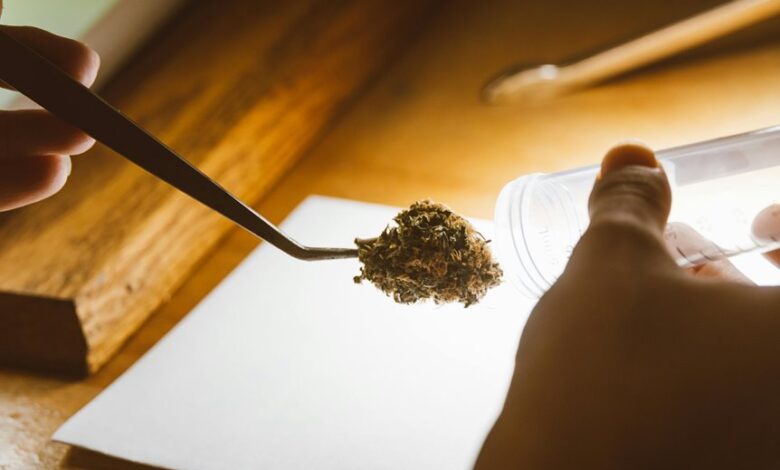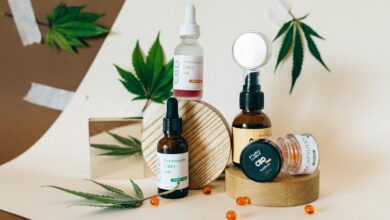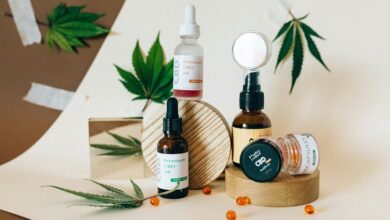Does Cbd Show up in a Drug Test

The question of whether CBD shows up in a drug test is complex. While CBD itself is not typically targeted, the presence of THC in many products complicates matters. This can lead to unexpected positive results in drug screenings. Understanding the types of CBD products available and their potential THC content is crucial for users. What factors should one consider to minimize the risk of complications?
Understanding CBD and THC: The Basics
Cannabidiol (CBD) and tetrahydrocannabinol (THC) are two prominent compounds found in the cannabis plant, each possessing distinct properties and effects.
CBD benefits include potential relief from anxiety and pain without psychoactive effects.
In contrast, THC effects are primarily psychoactive, often inducing euphoria.
Understanding these differences is essential for individuals seeking to harness the advantages of cannabis while navigating legal and personal preferences.
How Drug Tests Work: Types and Detection Methods
Understanding how drug tests function is crucial for individuals concerned about potential positive results from substances like CBD.
Drug testing typically employs various detection methods, including urine, blood, saliva, and hair tests. Each method varies in sensitivity and detection window, influencing the likelihood of identifying specific compounds.
Awareness of these processes helps individuals make informed choices regarding their use of CBD products.
The Potential for THC in CBD Products
Many CBD products contain trace amounts of THC, the psychoactive compound found in cannabis.
This THC content can vary depending on the CBD extraction method used. Full-spectrum CBD products typically have higher THC levels, while isolates contain none.
Consumers seeking freedom from drug test concerns should be aware of these variations, as even minimal amounts of THC can potentially lead to positive drug test results.
Tips for Choosing CBD Products and Drug Testing Considerations
When selecting CBD products, consumers must consider the THC content to mitigate the risk of failing a drug test.
Prioritizing product selection with zero or negligible THC can enhance safety.
Additionally, understanding testing protocols employed by employers is crucial.
Third-party lab results can provide transparency and assurance regarding cannabinoid profiles, allowing individuals to make informed choices aligned with their freedom and lifestyle.
Conclusion
In conclusion, while CBD may seem like the harmless cousin of THC at family gatherings, one must tread cautiously. Choosing full-spectrum CBD could turn your wellness journey into an unexpected episode of "Survivor: Drug Test Edition." Opting for isolates is akin to bringing a salad to a barbecue—safe, but not as exciting. Ultimately, scrutinizing labels and lab results may just be the difference between a peaceful afternoon and an awkward conversation with HR. Choose wisely!






